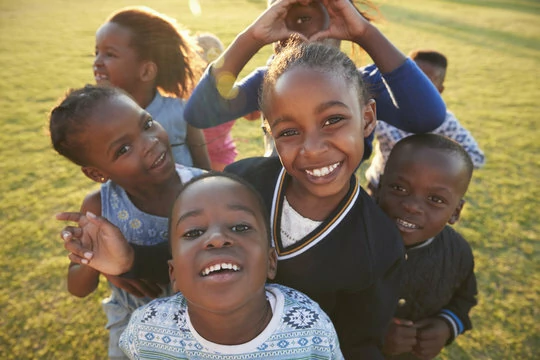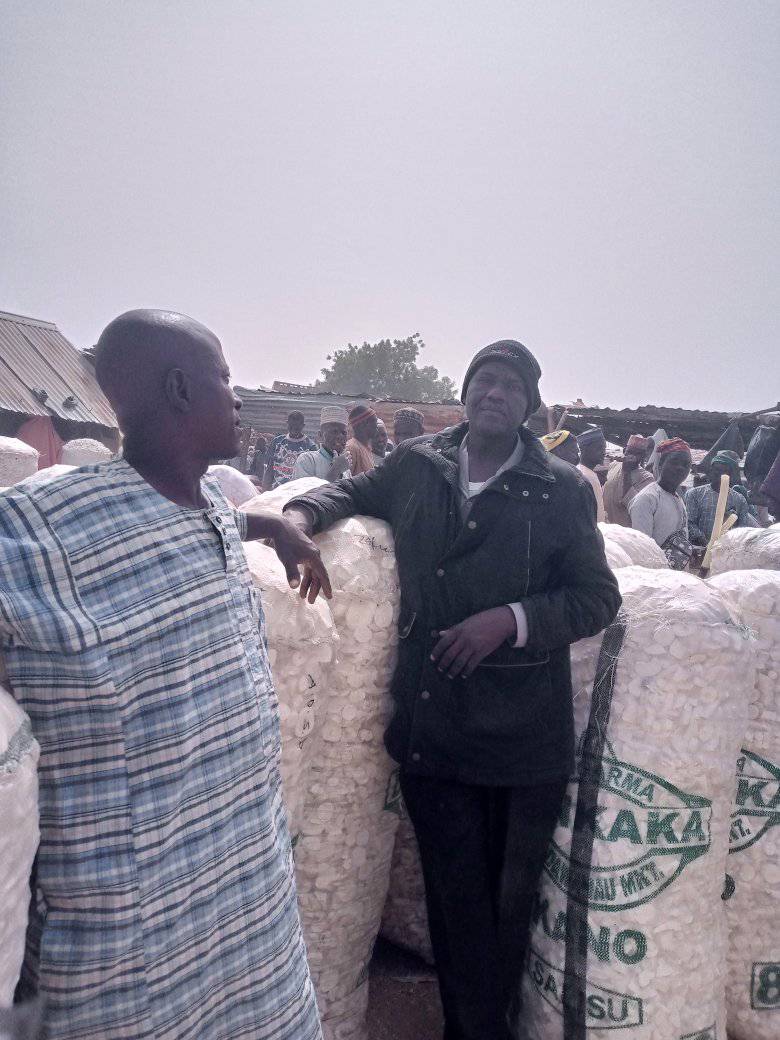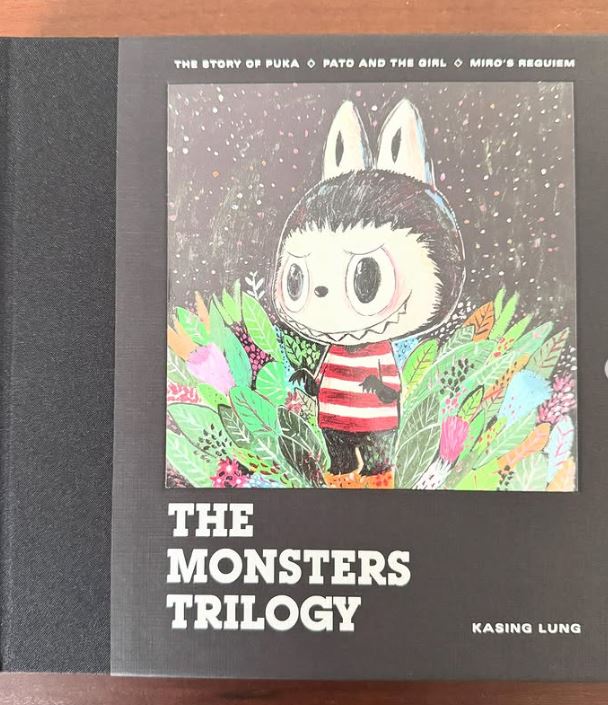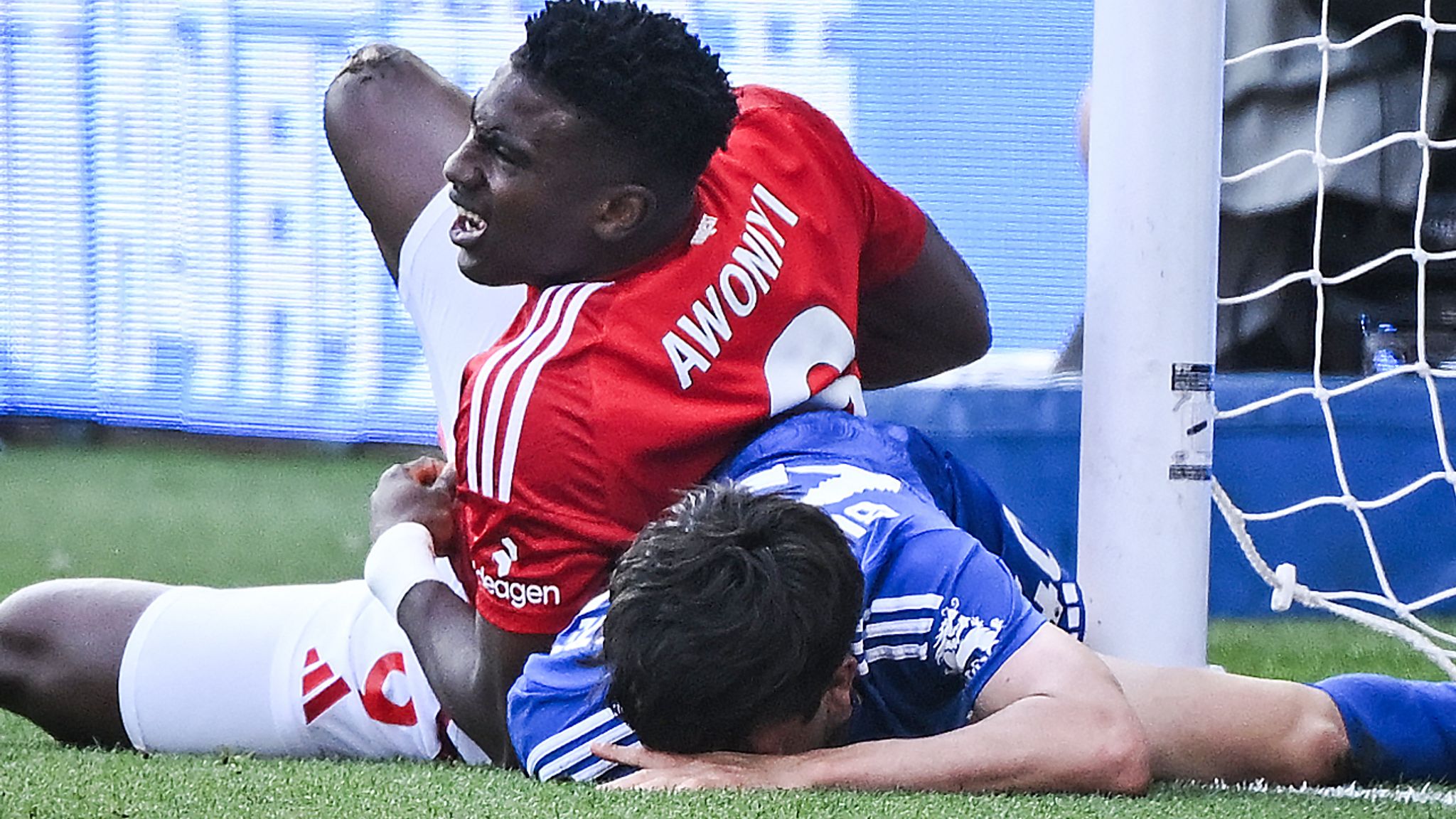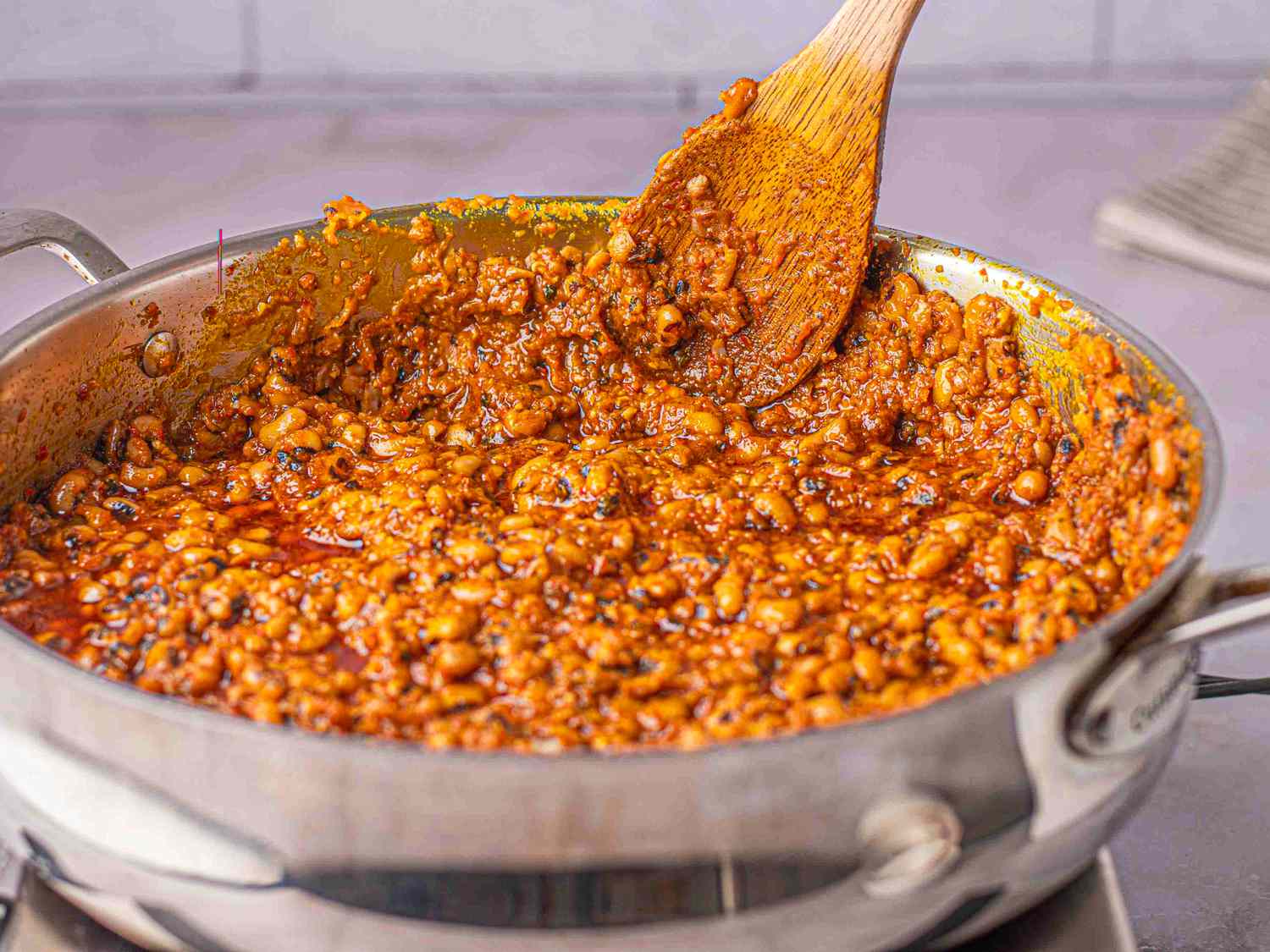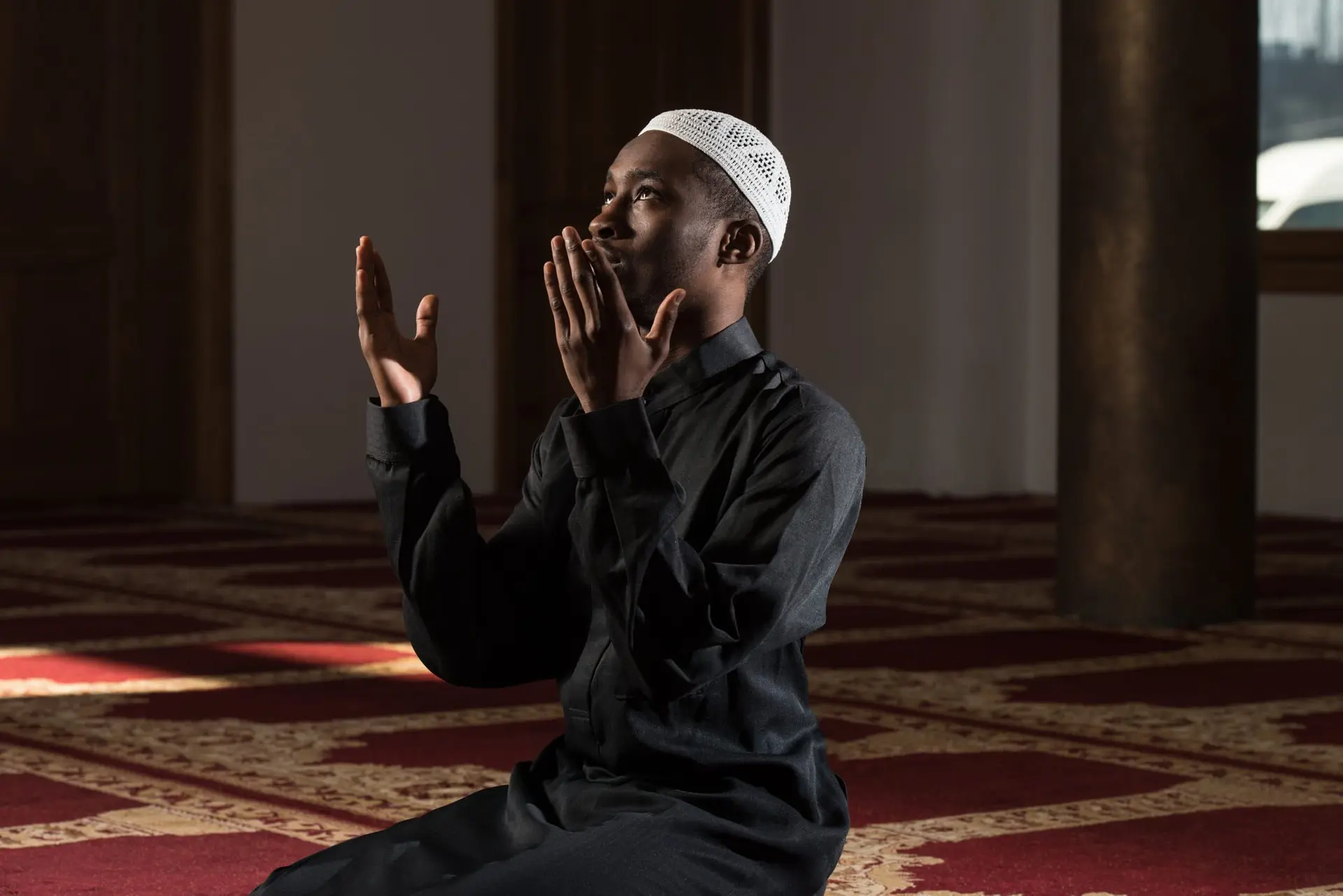5 things adults miss about Children’s Day
In Nigeria, May 27 is customarily observed as Children’s Day.
Children’s Day is observed on many dates around the world, even though the United Nations designated November 20 as the day.
Tomorrow is Children’s Day, and even though we are now adults, there are a couple of things we miss and love about Children’s Day.
1. The public holiday is only for children
Imagine asking for a break from work to celebrate Children’s Day because you are someone’s child, your boss would think you have gone insane, but when we were kids, you had a day off school to celebrate Children’s Day.
2. The stadium march pass
Most states in Nigeria usually celebrate Children’s Day by inviting children to the stadium to march.
The best thing about this is you would have been rehearsing for months prior, and the rehearsals are usually fun. On Children’s Day, you and your classmates go to the stadium to march, and you will also socialise with children from other schools.
3. The school parties
For schools that are not about to stress themselves with the stadium march pass, they organise a party to celebrate Children’s Day. In those days, you could wear your house clothes or ‘mufti’ as we called it. That usually meant, there are no classes that day…bliss. Sometimes, Indomie or other brands will be around, and we had an assembly where they taught us songs and gave us refreshments.
4. The junk food
Children’s Day is a free pass to get ice cream, chocolate, cake, biscuits, basically everything and anything you want. If you have cravings, be assured that they will be satisfied on Children’s Day.
5. The family outing
Even after all the fun at school, your parents might love to take you out on a threat on Children’s Day. You could go to an amusement park, the mall or Mr Biggs – with their incredibly delicious meals.
These privileges don’t exist in adulthood, at least not in the way we celebrated them in childhood.

